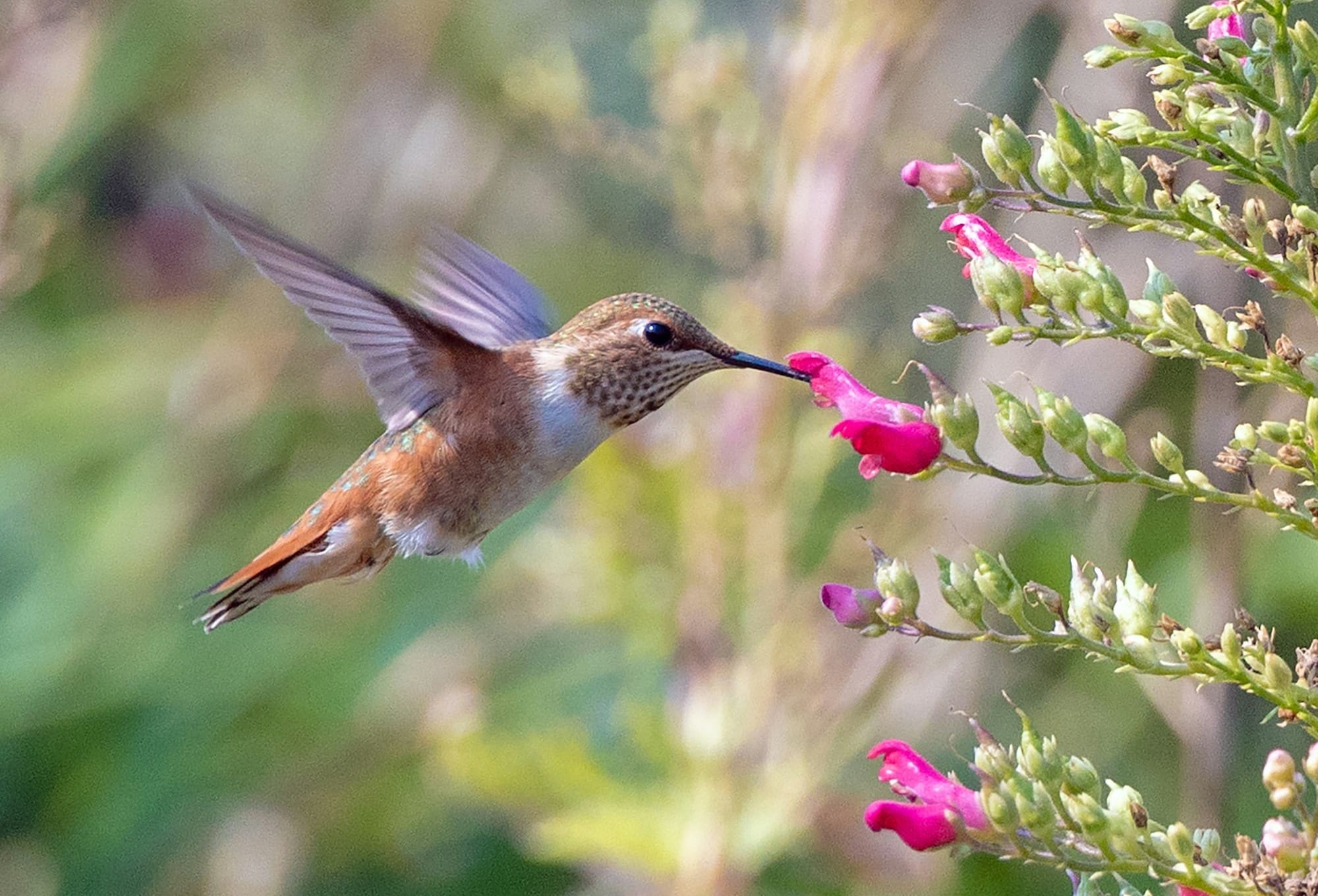By now, you already know. The planet is the hottest it’s been since record-keeping began more than a century ago—and absent radical change, it’s on track to keep getting hotter, with dire consequences. What will this mean for the people and places we hold dear, or for the natural world? If you feel anxious enough to wonder about this when you’re supposed to be sleeping, we get it.
Maybe you know people who somehow seem to tune it out—maybe you even envy them! These feelings are valid, but they’re not the final word.
So today we’re going to talk about something better than tuning out the problem—namely, doing something about it. We chose to make the word “do” part of our name for a reason, after all.
The widespread problem of climate anxiety
There’s evidence climate anxiety has been on the rise for years. In the U.S., for instance, Yale researchers say the number of people “alarmed” about climate change has grown from 15 percent a decade ago to 26 percent in 2024. Still more now fall into the “concerned” category.
Importantly, this means you aren’t alone—many, many other people also care about the climate, even if it doesn’t always feel that way. Internationally, a 2024 study in Nature found most people do favor increased climate action—and are even willing to pay out of their own pockets for it—but that they “systematically underestimate the willingness of their fellow citizens to act.”
Tapping into a community of like-minded folks—the kind writer and past Terra.do keynote speaker Mary Annaise Heglar might term “climate people”—is a key remedy for feeling isolated and anxious about the climate crisis.
This is something we emphasize in our Learning for Action fellowship: No one can tackle climate change on their own, so the support that comes with connecting with a community of engaged peers and experts is “one of the gems of the course,” says alum Adam Nashban.
Starting and accelerating climate action
One of the few things more painful than watching a bad situation get worse is the feeling of standing by with your hands in your pockets doing nothing to help. Caring about climate change but not knowing what to do about it can feel like that. That’s why getting started, in whatever way you can, is such a vital step toward feeling less sad and stuck and more hopeful.
One way to begin is by better understanding how climate change is a solvable problem—not one of scientific or technological limitations. “We have what we need to reduce emissions. Our barriers are entirely political and economic, and such obstacles can be overcome,” write Dr. Michael Mann and past Terra.do keynote speaker Dr. Katharine Hayhoe in their commentary “The antidote to doom is doing.”
Indeed, it’s all too easy to fall into the trap of feeling like our climate fate hinges on the actions of a handful of fossil executives and feckless officials. To believe this is to cede to them what power you have. Don’t.
Here, let’s also note that while many people who take courses with Terra.do are looking to change jobs and find a role that emphasizes climate action—and they often succeed—there are endless ways to have meaningful climate impact outside your work. With that in mind, you don’t need to be in hardcore job-seeking mode for our Learning for Action course to be worth your while.
Some climate action outside work takes the form of individual steps, to be sure, like changing how you get around, what you eat, how you dry your laundry, and so on. Lobbying for change and protesting should not be overlooked, as past keynote speaker Dr. Julia Steinberger argues, nor should support efforts from running websites to running meetings.
And there are so many other ways to step up your climate action, depending on what you’re good at and like doing. That’s why much of our program focuses on finding ways to bring your talents and interests to bear on the climate crisis.
Reflecting on the question of “what can I do,” the aforementioned Mary Annaïse Heglar advised in Wired in 2020, “Do what you're good at. And do your best. If you're good at making noise, make all the noise you can.” The most important thing you can do to fight climate change, Dr. Hayhoe has said, is talk about it.
Wherever you have those climate conversations—where you work, where you play, where you worship—it helps to have some baseline knowledge of the problem, the key solutions, and the tools that can help us implement them quickly and at scale. Our Learning for Action program helps prepare you accordingly.
Action trumps anxiety
If you’re looking for a way to turn down the volume on your climate anxiety—to connect with a like-minded community, feel empowered, and find new ways to step up your climate action—look no further.
Climate Change: Learning for Action is a 12-week remote course that blends live discussions with asynchronous learning through reading, videos, and optional quizzes. It take 6-10 hours weekly and provides a certificate upon completion.
Part of the reason so many people experience climate anxiety is the climate crisis is such an immense problem. Averting its worst impacts will hinge on the talents and efforts of many, many people like you—so join us. Financial aid is available, and if you start the course and decide it’s not for you after a couple of weeks, we’ll give you a refund. Learn more and apply here.


